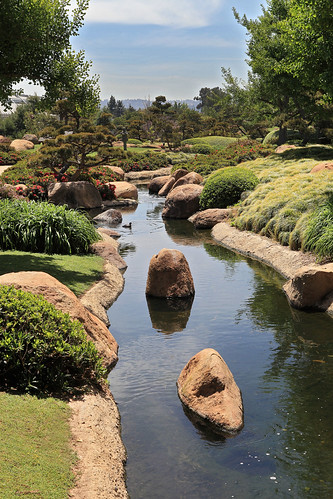 The Eskimo languages have, it is claimed, 50 words for snow (falling or lying snow).
The Eskimo languages have, it is claimed, 50 words for snow (falling or lying snow).Those of us in more temperate climates find this remarkable. Snow is an unusual feature for us, and we basically only have one word for it. To have 50 words seems quite amazing.
But on the other hand, and many English words do we have for water? Falling water, or water lying or running
across the ground? I bet we have many more than 50, and yet water is not much more complex than snow.
That’s because water is a very familiar concept to us,
we know it well, we see it in its manifestations and all its scales, and we know it well enough to make fine and subtle differentiations. It is
useful for us to be able to differentiate between different types of water,
just as it is useful for the Inuit to differentiate between different types of
snow.
This actually makes it quite difficult to exchange knowledge
between two such different contexts.
Without some experience of different types of snow, or different types
of water, you don’t have the words to explain the difference. In fact without the experience of the subtleties, you can’t
understand the differences. And how do you
communicate when you cant understand the meanings behind the words? How do you exchange knowledge, when the contexts are not there?
And those fifty words for water? Here's 54 - tell me if I have missed any!
- Drip
- Drop
- Droplet
- Rain
- Shower
- Deluge
- Downpour
- Drizzle
- Mist
- Fog
- Smirr
- Puddle
- Pond
- Pool
- Lake
- Tarn
- Loch
- Lochan
- Mere
- Ditch
- Dyke
- Swamp
- Bog
- Lagoon
- Oasis
- Spring
- Source
- Spout
- Fountain
- Rising
- Creek
- Trickle
- Rivulet
- Tributary
- Stream
- Brook
- Bourne
- Brooklet
- Streamlet
- Beck
- Burn
- Gill
- Rill
- Runnell
- Rapids
- Waterfall
- Force
- Falls
- Cascade
- Cataract
- Flume
- River
- Flood
- Estuary




No comments:
Post a Comment